To start a food trailer business, you need a well-defined concept, a solid business plan, and the necessary licenses and permits. You'll also need to secure funding, purchase or lease a trailer and equipment, and develop marketing strategies.
Here's a more detailed breakdown:
1. Research and Planning:
Market Research:
Analyze your target market, identify potential competitors, and determine what kind of food is in demand in your area.
Concept Development:
Decide on a specific cuisine or food concept that will make your food trailer stand out.
Business Plan:
Create a comprehensive business plan that outlines your goals, strategies, financial projections, and operational plans.
2. Funding and Finances:
Startup Costs:
Estimate the costs associated with purchasing or leasing a trailer, equipment, permits, insurance, initial inventory, and marketing.
Funding Sources:
Explore options such as personal savings, loans (including SBA loans), crowdfunding, or investors.
Budgeting:
Develop a detailed budget to track your expenses and ensure you have enough capital to launch and operate your business.
3. Legal and Regulatory:
Business License:
Obtain the necessary business license from your local city and state.
Food Permits:
Secure food service permits and health permits from your local health department.
Other Permits:
Depending on your location, you may need additional permits related to fire safety, zoning, or specific equipment.
Insurance:
Obtain liability insurance and other necessary insurance coverage for your food trailer and business operations.
4. Equipment and Operations:
food trailer:
Decide whether to purchase a new or used trailer, or lease one.
Equipment:
Invest in essential kitchen equipment, including cooking appliances, refrigeration, food preparation tools, and a point-of-sale (POS) system.
Supplies:
Stock up on necessary food items, packaging, utensils, and cleaning supplies.
Staff:
Hire qualified staff to assist with food preparation, service, and other operational tasks.
5. Marketing and Promotion:
Branding:
Develop a strong brand identity, including a logo, color scheme, and brand messaging.
Website and Social Media:
Create a website and active social media profiles to promote your food trailer and engage with customers.
Location Strategy:
Plan your daily and weekly routes, considering high-traffic areas, events, and potential partnerships with businesses.
Customer Engagement:
Offer promotions, discounts, and loyalty programs to attract and retain customers.
By carefully planning and executing these steps, you can increase your chances of success in the exciting world of food trailer businesses.


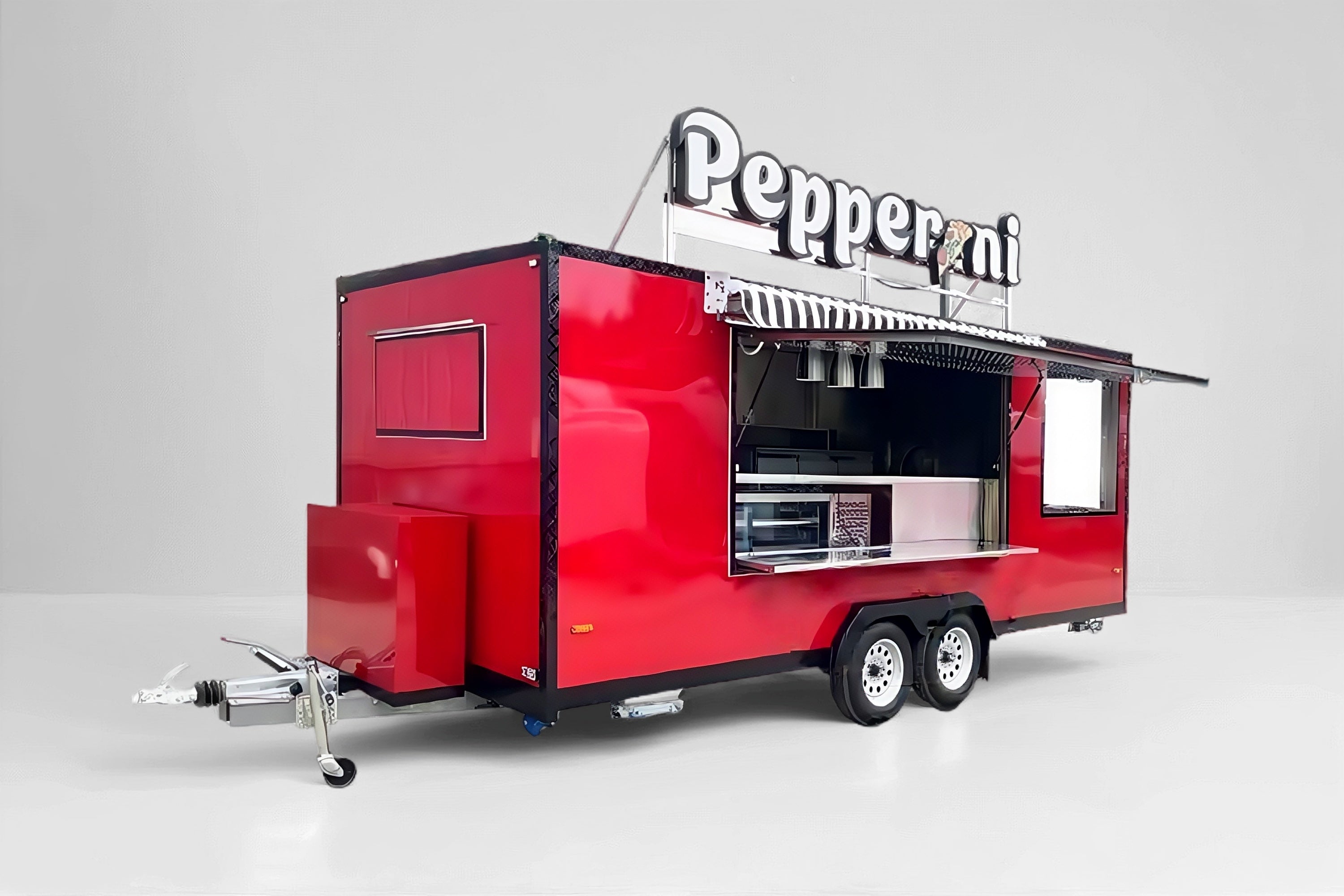
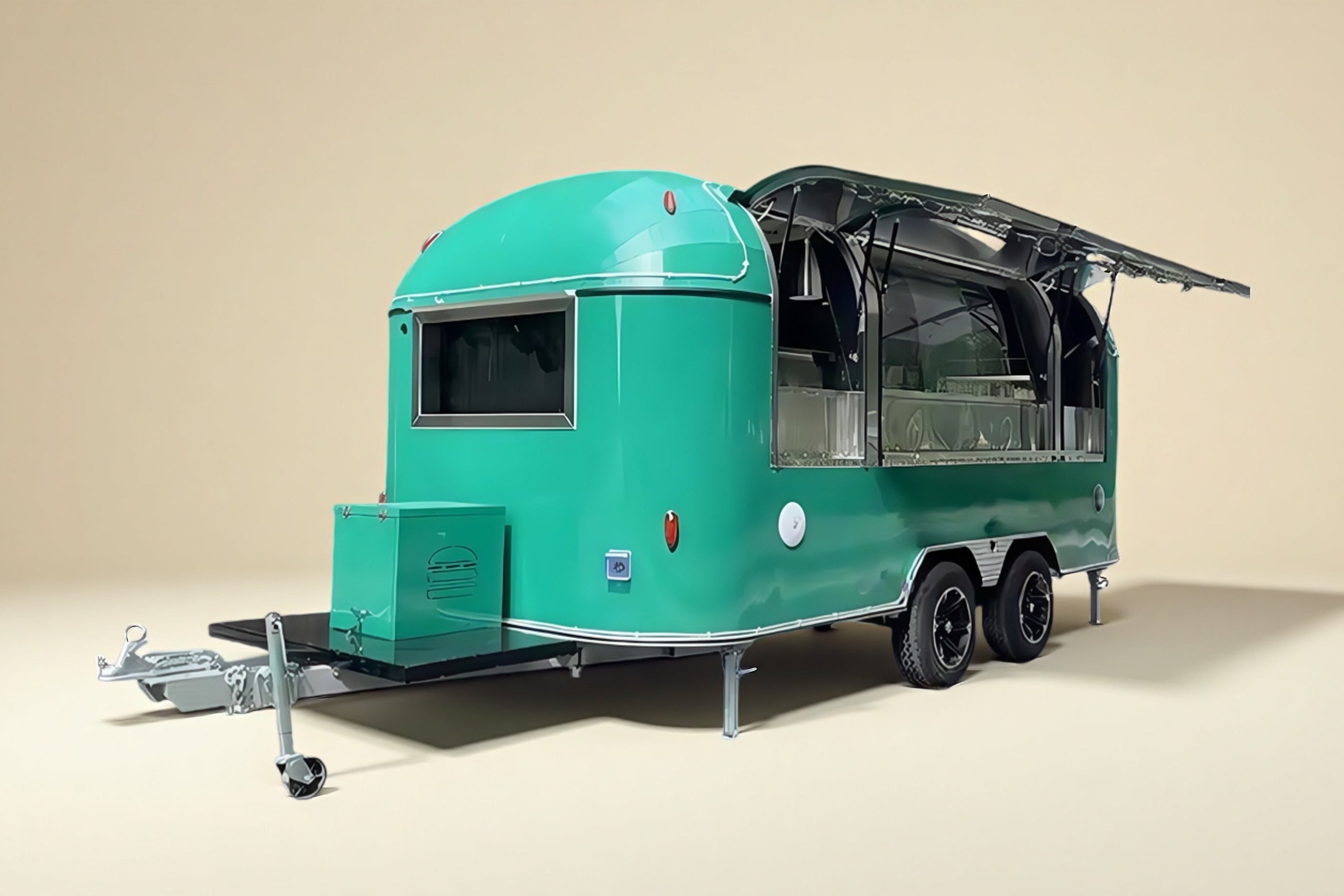
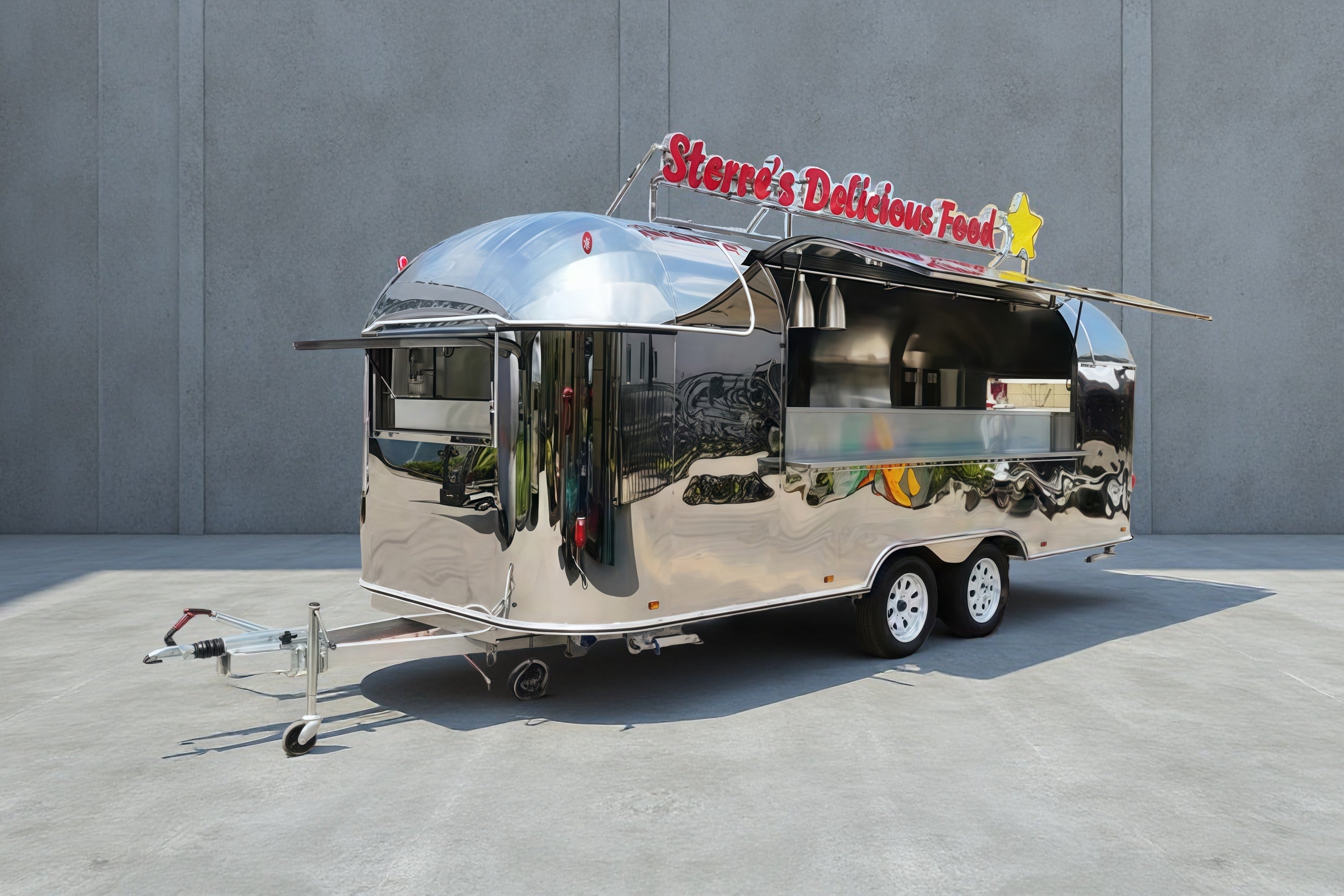
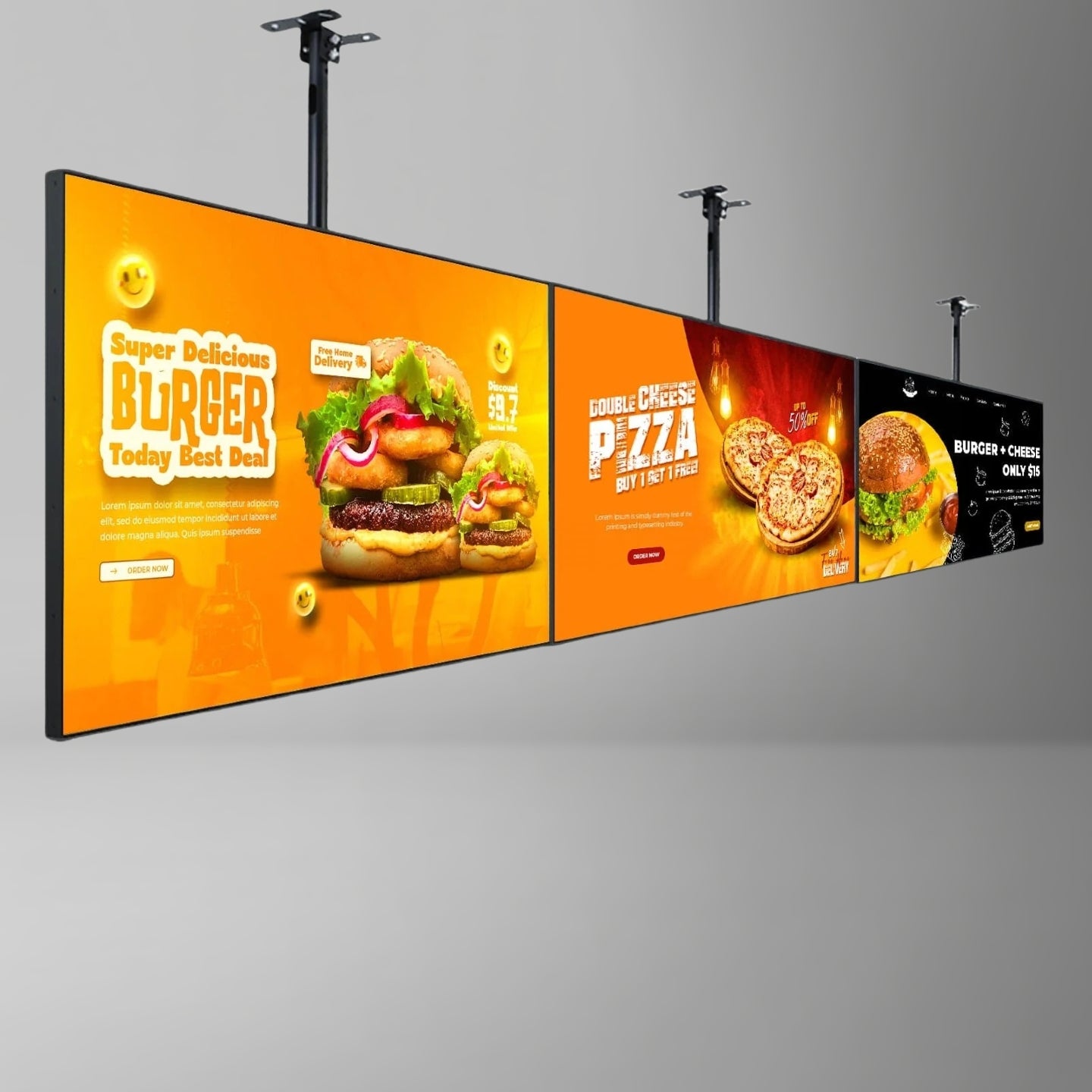
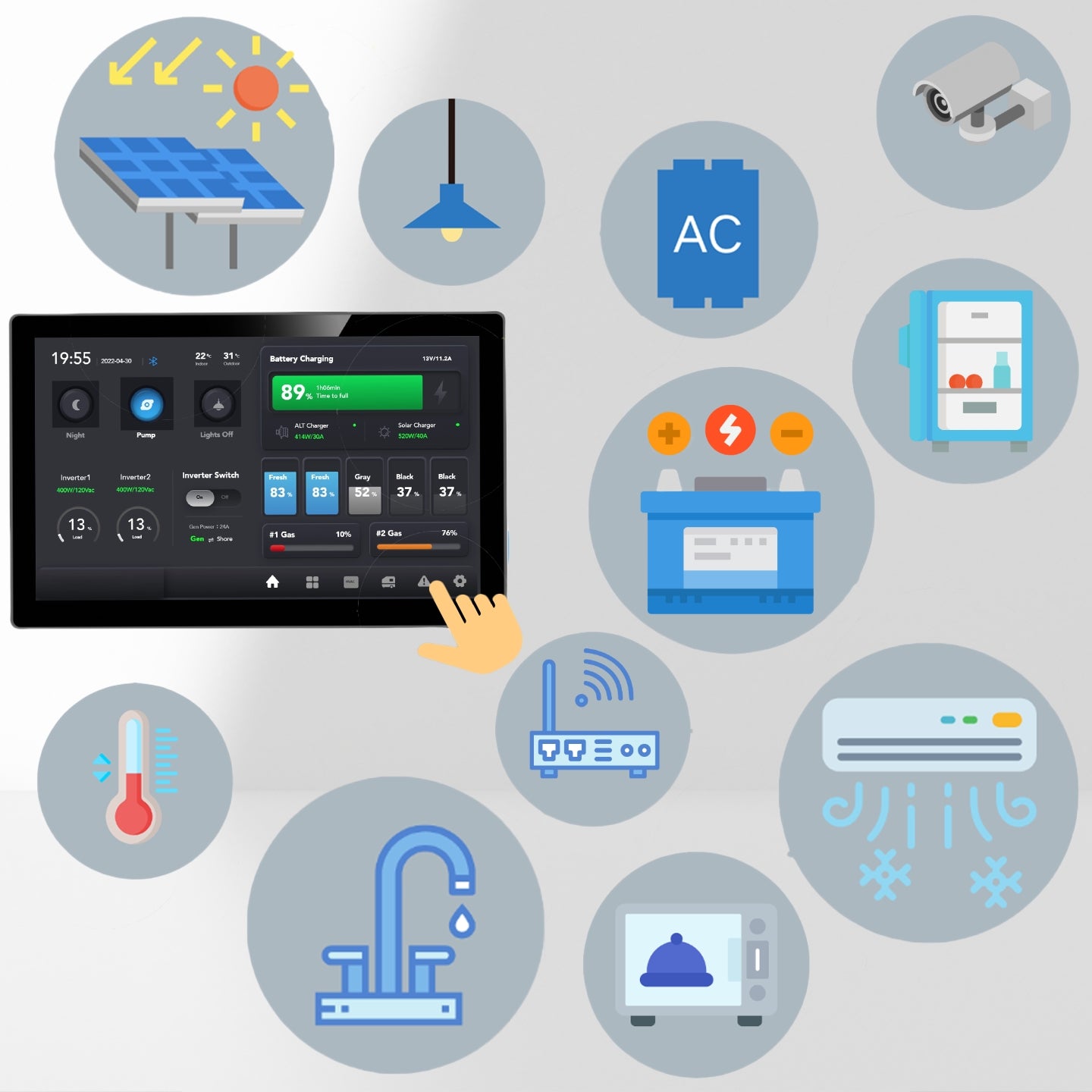
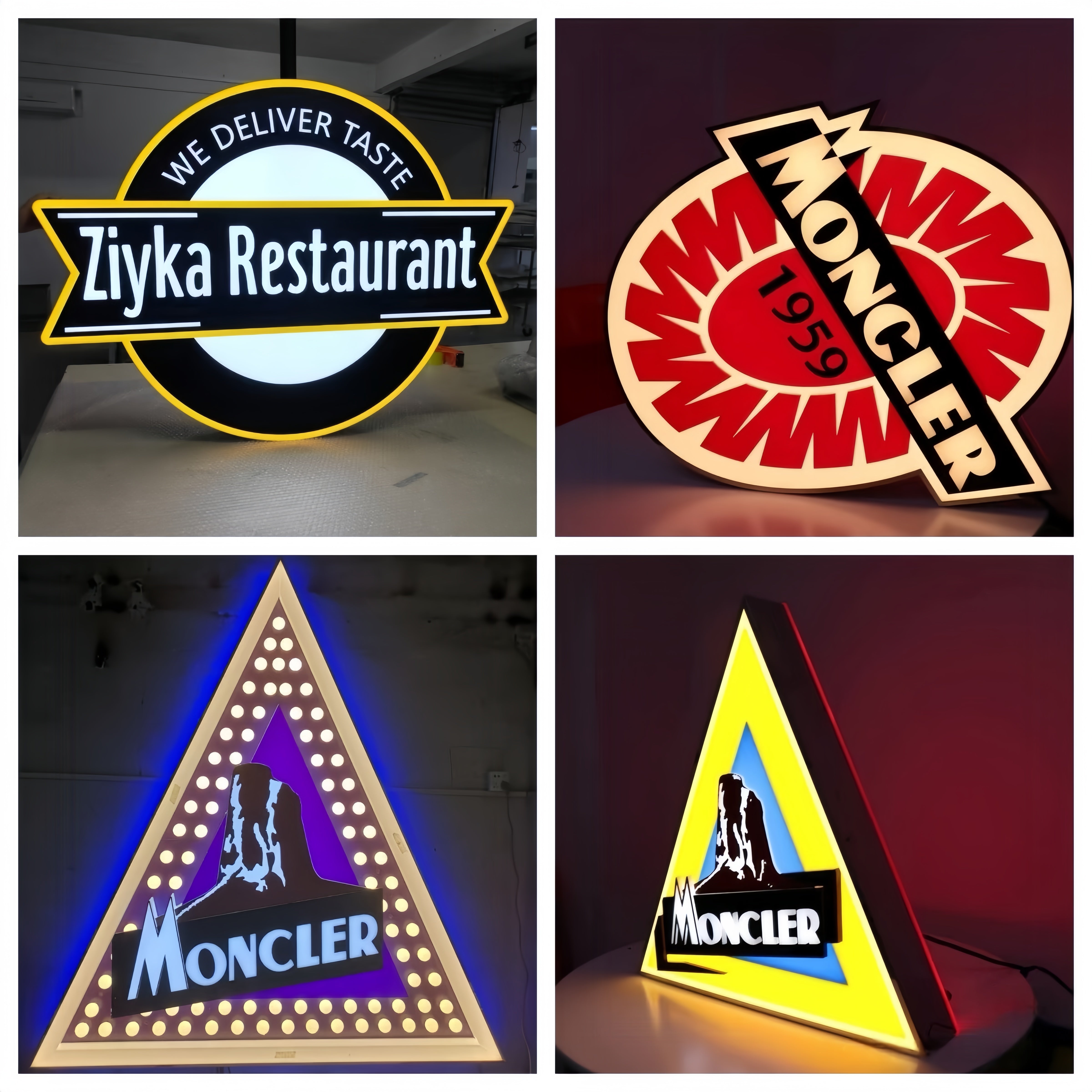

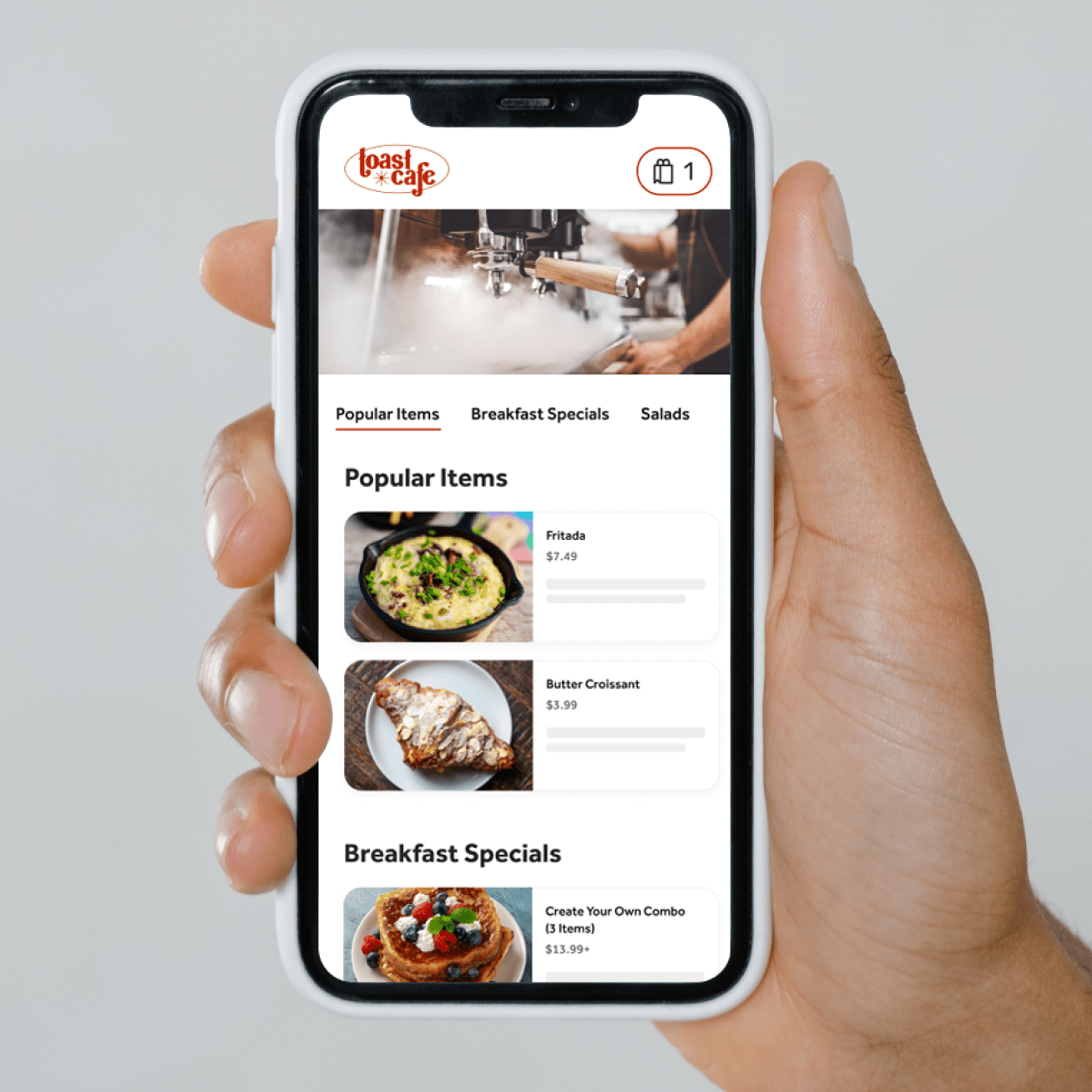
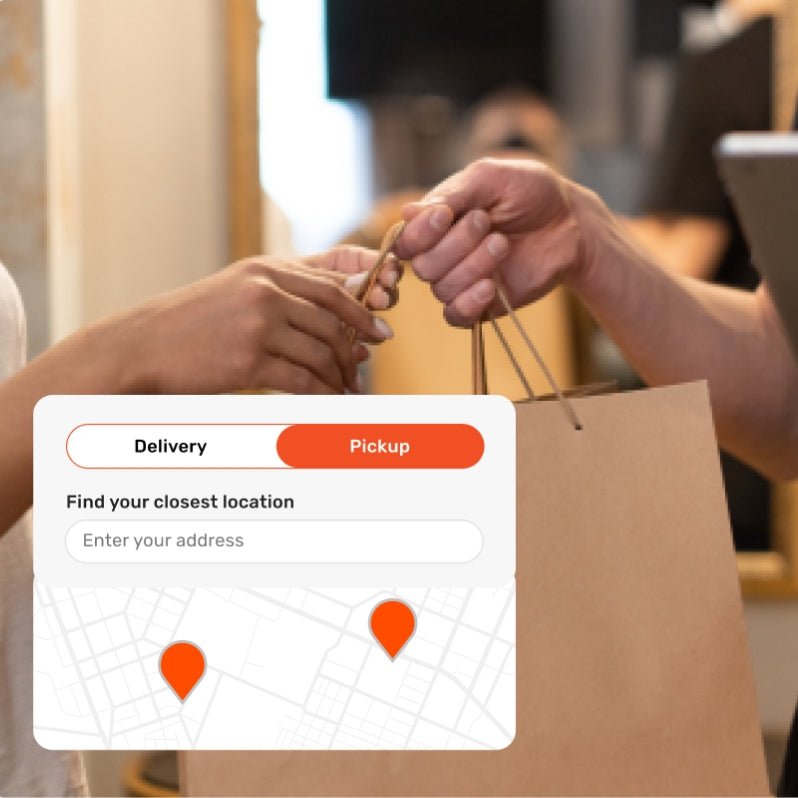


Leave a comment
This site is protected by hCaptcha and the hCaptcha Privacy Policy and Terms of Service apply.